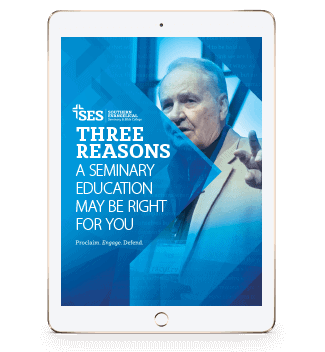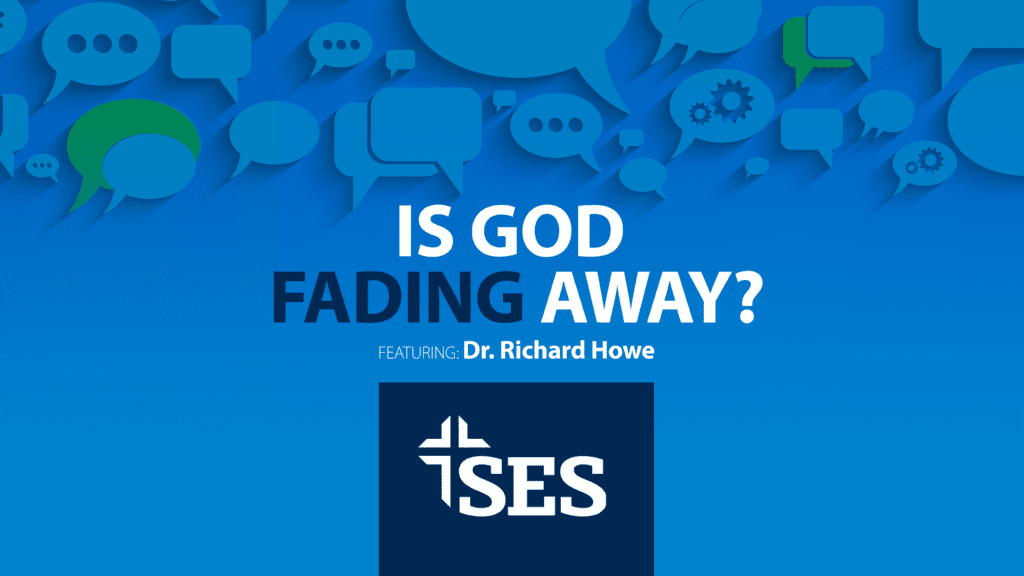The “omnis” of theology – omnipresence, omniscience, omnipotence, etc. – are under increasing attack, and not just from what are recognized as more theologically liberal camps of Christianity. Examples abound – even from within evangelicalism — of various attributes of God being seemingly “picked off” by scholarly fire, or compromised among the laity to the point the meaning of the term is lost, and along with it, the force that would inspire worship and awe.
What is at the root of this “fading away” of a traditional understanding of God? It’s almost as if a lynch pin has been removed that kept these attributes anchored in place.
On this week’s episode of Why Do You Believe? Dr. Richard Howe gives name to that lynch pin: classical theism.
Classical Theism
Classical theism is a theology of God emphasizing His simplicity. The term classical here means grounded along the contours and categories of Western thinking arising from the ancient Greeks, the Christian church fathers, and subsequently the medieval Scholastics.
Under this framework, God is pure actuality, or infinite, unchanging existence, and not a being composed of metaphysical parts like everything in the created order (e.g. angels are composed of form and existence, human beings are composed of form, matter, and existence, etc.).
All God’s attributes, such as the “omnis,” immutability, and more, follow from this metaphysical principle of simplicity (attribute being a characteristic of God’s nature or His actions that can be known from creation [general revelation] and from His word [special revelation]). God’s attributes are entailed and connected in such a way as to imply and support one another, and if one attribute is removed or altered, the others collapse as well.
In other words, the ostensible individuation of God’s attributes is really the attempt of our finite human understanding to break God’s magnitude and majesty into digestible bites, and when we tamper with the cornerstone of divine simplicity, or any individual attribute, the entire house shakes.
Who Pulled the Pin?
So, if simplicity is the grounding for the various attributes of God, why has simplicity largely fallen by the wayside in modernity? Dr. Howe credits this discard largely to a lack of skill in hermeneutics. He demonstrates in this episode that a compromised and erroneous view of the nature and attributes of God will follow the discard of this cherished and enduring principle of theology, which followed an inconsistent and inappropriate interpretation of the text. Where classical theism honors God as being in a class by himself as a necessary and simple being, other systems can often impose human, finite, and compromised characteristics onto God.
Don’t miss the full interview with Dr. Richard Howe, and if you’re ready to examine your faith intellectually and give reasons for your hope in Christ, consider SES by downloading our free e-book at the link below.

Download Your FREE eBook!
- Reading Books and Listening to Talks is Not Enough
- Not All Apologetics Methods Are Created Equally
- A Degree is More Than a Piece of Paper






